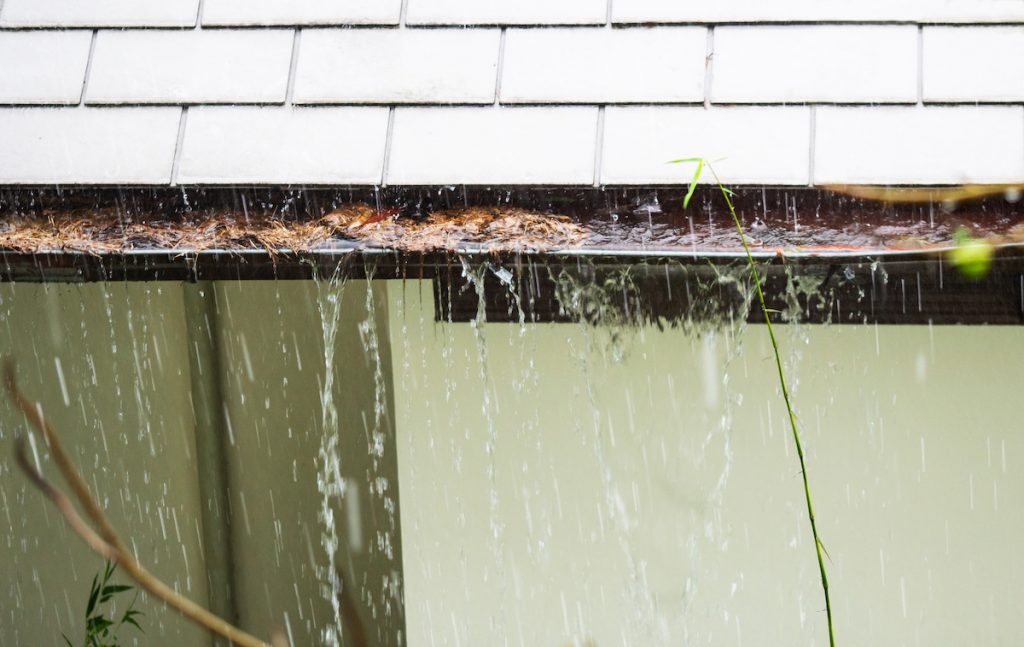What Causes Water Leaks? The Six Most Common Reasons in Homes
What Causes Water Leaks? The Six Most Common Reasons in Homes
Blog Article
They are making a few great observations relating to Top Causes of Home Water Leaks as a whole in the content further down.

Leaks not just cause waste of water but can also create unnecessary damages to your residence and promote unwanted natural growth. By looking as well as understanding for daily scenarios that cause leakages, you can secure your home from future leakages and also unneeded damage.
Encroaching roots
The majority of water leaks begin outside the residence rather than inside it. You might notice damp patches or sinkholes in your yard, and also that could imply that tree roots are attacking water lines causing water to permeate out.
Rusty water supply
As time passes by, your plumbing system ages as well as deterioration such as corrosion may start eating away the pipes. This could be the reason for staining or warping on your water pipes. This calls for an examination with your plumber quickly. Take into consideration changing the pipelines considering that they are at a higher risk of deterioration than the more recent models if our plumbing system is old.
Defective Pipe Joints
The factor at which your pipes link is frequently the weakest link in the waterline. Pipe joints can wear away in time, leading to water leakages. Sadly, the majority of pipeline joints are not conveniently visible. If you have noisy pipes that make ticking or banging sounds, especially when the hot water is activated, your pipe joints are most likely under a lot of stress. It is recommended to have your plumber evaluate your system yearly.
Immediate temperature level adjustments.
Severe temperature modifications in our pipes can trigger them to expand and contract unexpectedly. This expansion and contraction may create cracks in the pipelines, particularly if the temperature level are below freezing. If you kept an eye on just how your plumbing works, it would be best. The presence of the formerly discussed conditions often shows a high danger.
Poor Water Connectors
Sometimes, a leakage can be caused by loosened pipes as well as pipelines that supply your appliances. Typically, shifting is what creates the loosened water Links. You may find when it comes to a washing machine, a pipe might spring a leak because of shaking throughout the spin cycle. In case of a water connections leakage, you might discover water running straight from the supply line or pools around your devices.
Clogged Drains
Blocked drains may be irritating and also inconveniencing, but they can in some cases end up triggering an overflow resulting in burst pipelines. Keep getting rid of any materials that may decrease your drains pipes that might block them to avoid such hassles.
All the above are reasons for leaks but not all water leakages arise from plumbing leakages; some leaks may come from roofing system leaks. All leaks need to be fixed promptly to avoid water damages.
Leaks not only create waste of water yet can likewise create unneeded damages to your house and promote undesirable natural growth. By looking and also understanding for daily circumstances that create leaks, you can shield your residence from future leakages as well as unneeded damages. Today, we will look at 6 leakage triggers that may be triggering your pipelines to trickle.
At times, a leak can be created by loose tubes as well as pipes that provide your devices. In case of a water links leakage, you might see water running straight from the supply line or puddles around your home appliances.
How To Check For Water Leak In Your Home
How To Check for Leaks
The average household's leaks can account for nearly 10,000 gallons of water wasted every year and ten percent of homes have leaks that waste 90 gallons or more per day. Common types of leaks found in the home are worn toilet flappers, dripping faucets, and other leaking valves. These types of leaks are often easy to fix, requiring only a few tools and hardware that can pay for themselves in water savings. Fixing easily corrected household water leaks can save homeowners about 10 percent on their water bills.
To check for leaks in your home, you first need to determine whether you're wasting water and then identify the source of the leak. Here are some tips for finding leaks:
Take a look at your water usage during a colder month, such as January or February. If a family of four exceeds 12,000 gallons per month, there are serious leaks.
Check your water meter before and after a two-hour period when no water is being used. If the meter changes at all, you probably have a leak.
Identify toilet leaks by placing a drop of food coloring in the toilet tank. If any color shows up in the bowl after 10 minutes, you have a leak. (Be sure to flush immediately after the experiment to avoid staining the tank.)
Examine faucet gaskets and pipe fittings for any water on the outside of the pipe to check for surface leaks.
Undetected water leaks can happen without the home or business owner even realizing. If you suspect a water leak, but not able to find the source. It is time to contact a professional water leak detection service, The Leak Doctor.
How To Find a Water Leak In Your Home
https://www.leakdoctor.com/blog/How-To-Check-For-Water-Leak-In-Your-Home_AE197.html

We had been brought to that article on Top Causes of Home Water Leaks through a friend on our other web address. Are you aware of somebody who is enthusiastic about the niche? Take a moment to promote it. I truly appreciate reading our article about How to Find Water Leaks.
Customer Reviews Report this page